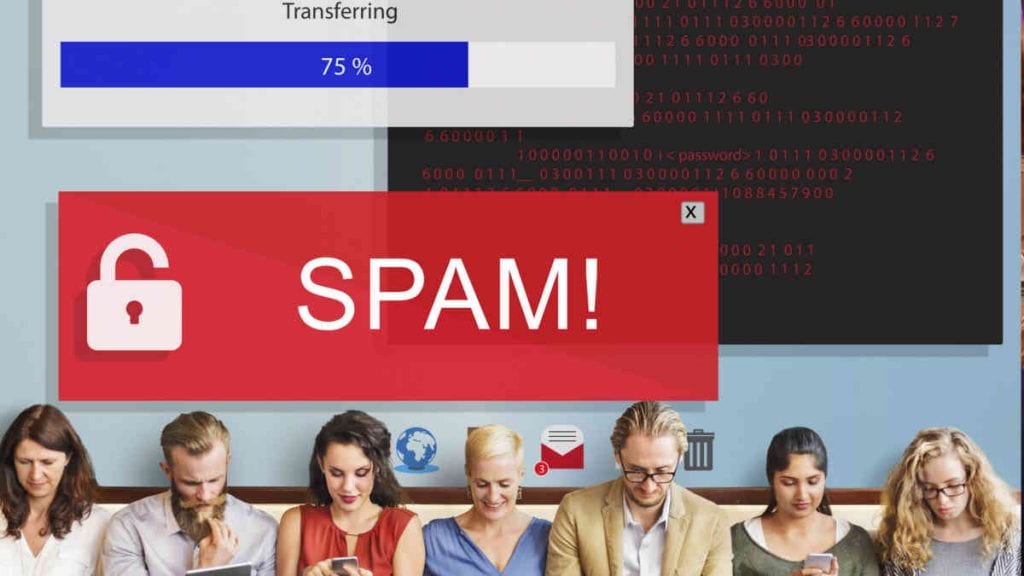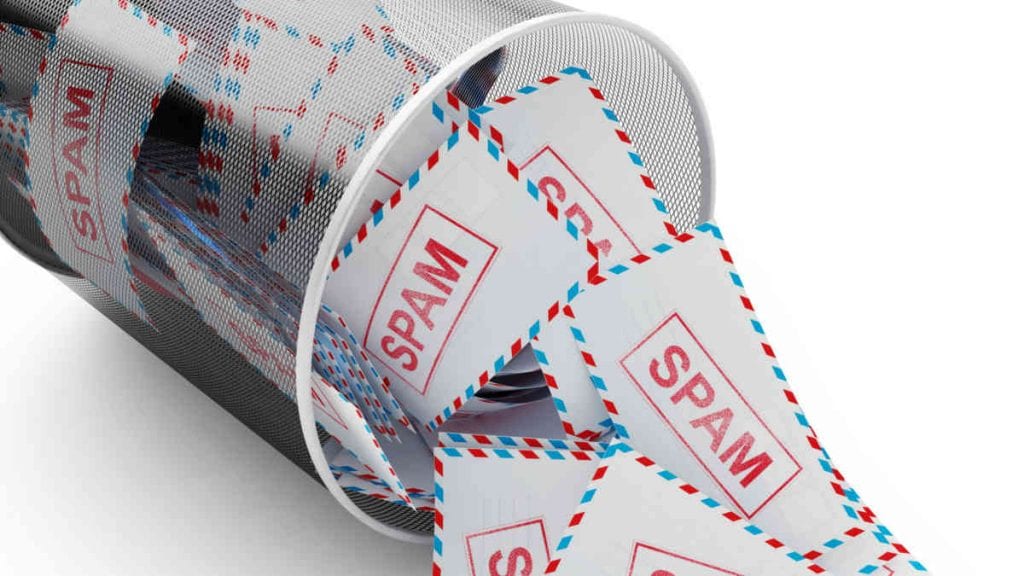“You’ve Been Hacked” Email

Before you get too concerned about this email, you need to know that most of these emails are just SPAM or phishing emails trying to get you to take the bait. This one email in particular is a SCAM with no substance according the FTC. If you want to see all of the SCAM emails, check out the FTC Consumer Information page – HERE. So, let’s take a look at the rest of this threatening email.
Message Body:
PLEASE FORWARD THIS EMAIL TO SOMEONE IN YOUR COMPANY WHO IS ALLOWED TO MAKE IMPORTANT DECISIONS!
We have hacked your website http://www.youremail.com and extracted your databases.

Before we read any further, do you even have a database of important information on your website? Do you even have a website? If you have answered “NO” to these two questions, you have absolutely nothing to worry about and you can skip on to the other article. But if you are still curious, let’s keep moving on with this “You’ve Been Hacked” Email.
How did this happen?
Our team has found a vulnerability within your site that we were able to exploit. After finding the vulnerability we were able to get your database credentials and extract your entire database and move the information to an offshore server.
What does this mean?
We will systematically go through a series of steps of totally damaging your reputation. First your database will be leaked or sold to the highest bidder which they will use with whatever their intentions are. Next if there are e-mails found they will be e-mailed that their information has been sold or leaked and your site http://www.youremail.com was at fault thusly damaging your reputation and having angry customers/associates with whatever angry customers/associates do. Lastly any links that you have indexed in the search engines will be de-indexed based off of blackhat techniques that we used in the past to de-index our targets.

Well, we have now entered the nitty-gritty of the intent of this email…Blackmail. Apparently, not only has the website been hacked but also the email and the search history. Once again, if you are the average internet user who shops on Amazon and checks out the sales for the local grocery store, this does not apply to you. But, we’re not done yet, let’s see what the hacker(s) want in to keep their virtual mouths closed….
How do I stop this?
We are willing to refrain from destroying your site’s reputation for a small fee. The current fee is .33 BTC in bitcoins ($3000 USD).
Send the bitcoin to the following Bitcoin address (Copy and paste as it is case sensitive):
1HPTGdcnRDcQtfAeE8GPdMQT2NPczH
Once you have paid we will automatically get informed that it was your payment. Please note that you have to make payment within 5 days after receiving this notice or the database leak, e-mails dispatched, and de-index of your site WILL start!
So, for $3000 or .33 BTC (bitcoin), you can be free of the future blackmail and the obtained information will be returned. We know that this is all a lie, but what if you don’t even know how to get a bitcoin? Don’t worry, they’ve provided that information too.
How do I get Bitcoins?
You can easily buy bitcoins via several websites or even offline from a Bitcoin-ATM. We suggest you https://xxxxx.xxx for buying bitcoins.
These blackmailing hackers are so accommodating. But, what is the danger if you decide to not pay or what are the benefits if you do? Don’t worry, they provide that in the email too.
What if I don’t pay?
If you decide not to pay, we will start the attack at the indicated date and uphold it until you do, there’s no counter measure to this, you will only end up wasting more money trying to find a solution. We will completely destroy your reputation amongst google and your customers.
This is not a hoax, do not reply to this email, don’t try to reason or negotiate, we will not read any replies. Once you have paid we will stop what we were doing and you will never hear from us again!
Please note that Bitcoin is anonymous and no one will find out that you have complied.
I don’t know about you, but I feel so much better now. The blackmailers say it’s not a hoax in the email, plus the Bitcoin will be anonymous so no one will know that I paid them off. All jokes aside, these Phishing emails are dangerous if you start clicking on them and download stuff which will most likely be viruses to your computer. Don’t pay them anything whether it is US dollars, Bitcoin or even monopoly money. Just delete the email.
If you are concerned about these types of email threats, there are steps you can take to avoid being hacked. “The most important actions you can take to avoid being hacked, is to regularly change your passwords, including your email password, to strong passwords or phrases and never click or download items from email addresses that you do not recognize or if the request does not seem correct,” according to Brett Bauman, CEO of Planetguide.com. In addition, you can always report SPAM email and label them as SPAM emails to avoid future ones from that sender. You can also register with the Direct Marketing Association’s DMA consumer website www.DMAchoice.org as another option provided by the FTC, but it does have a $2 processing fee for a ten year period. This may be a small investment if you are concerned about protecting your email from unwanted solicitations.




